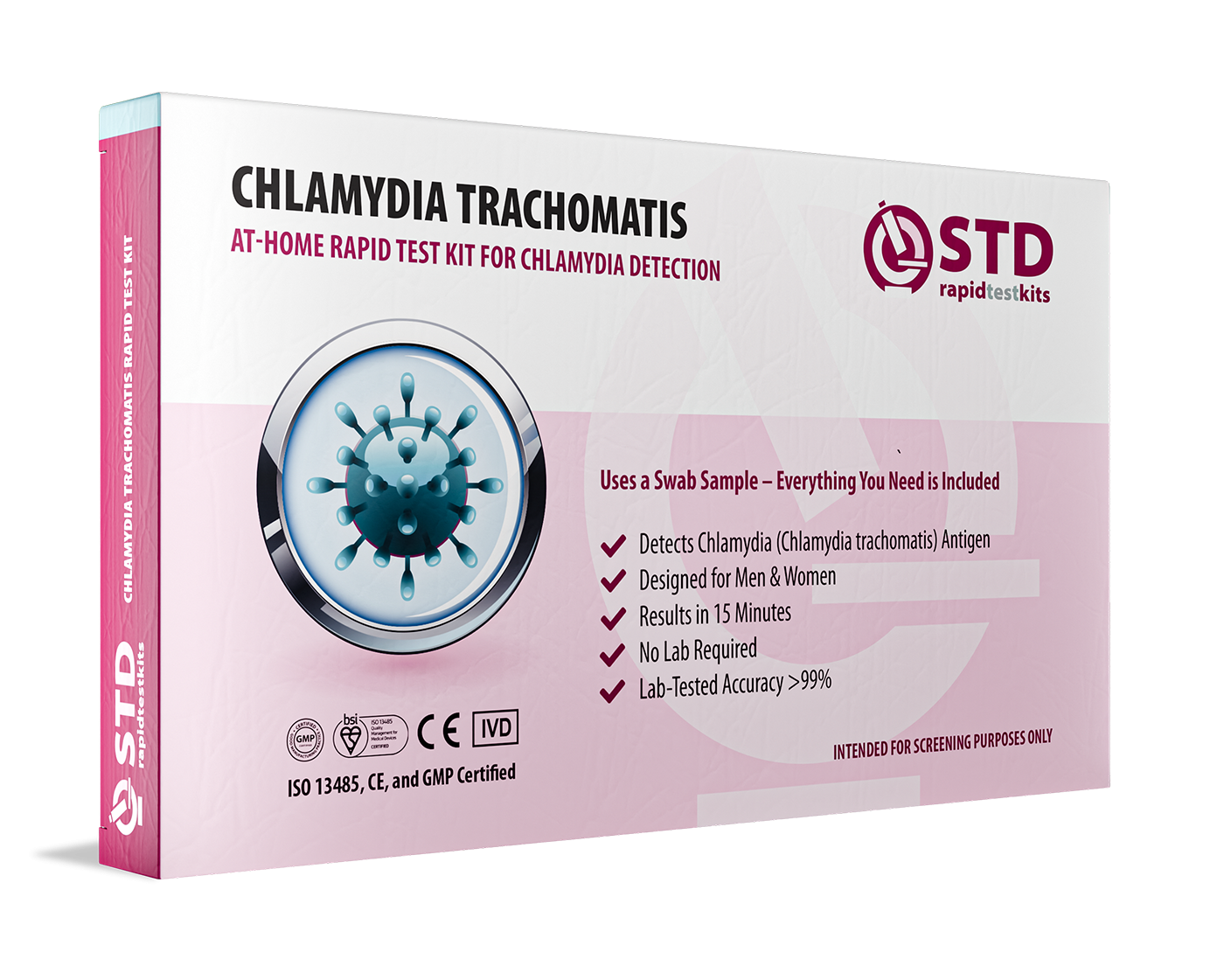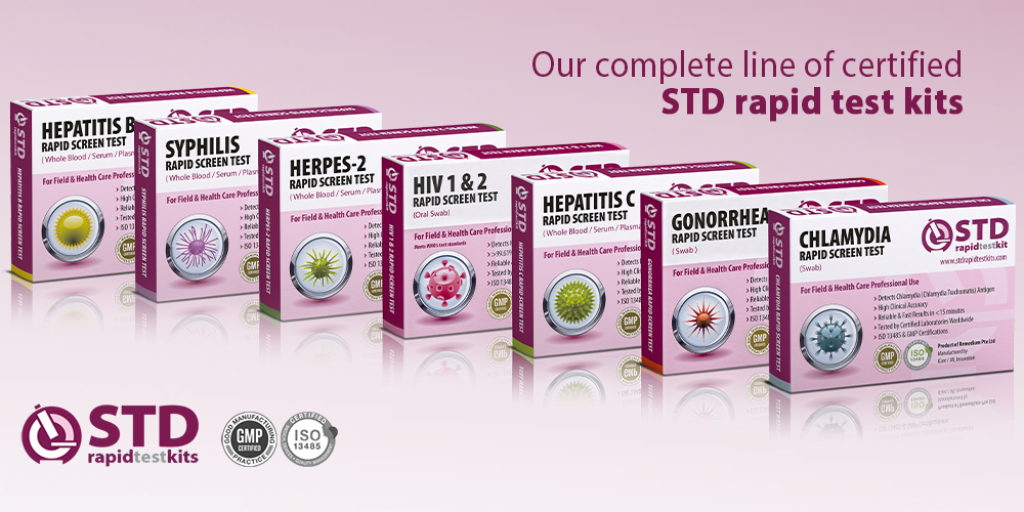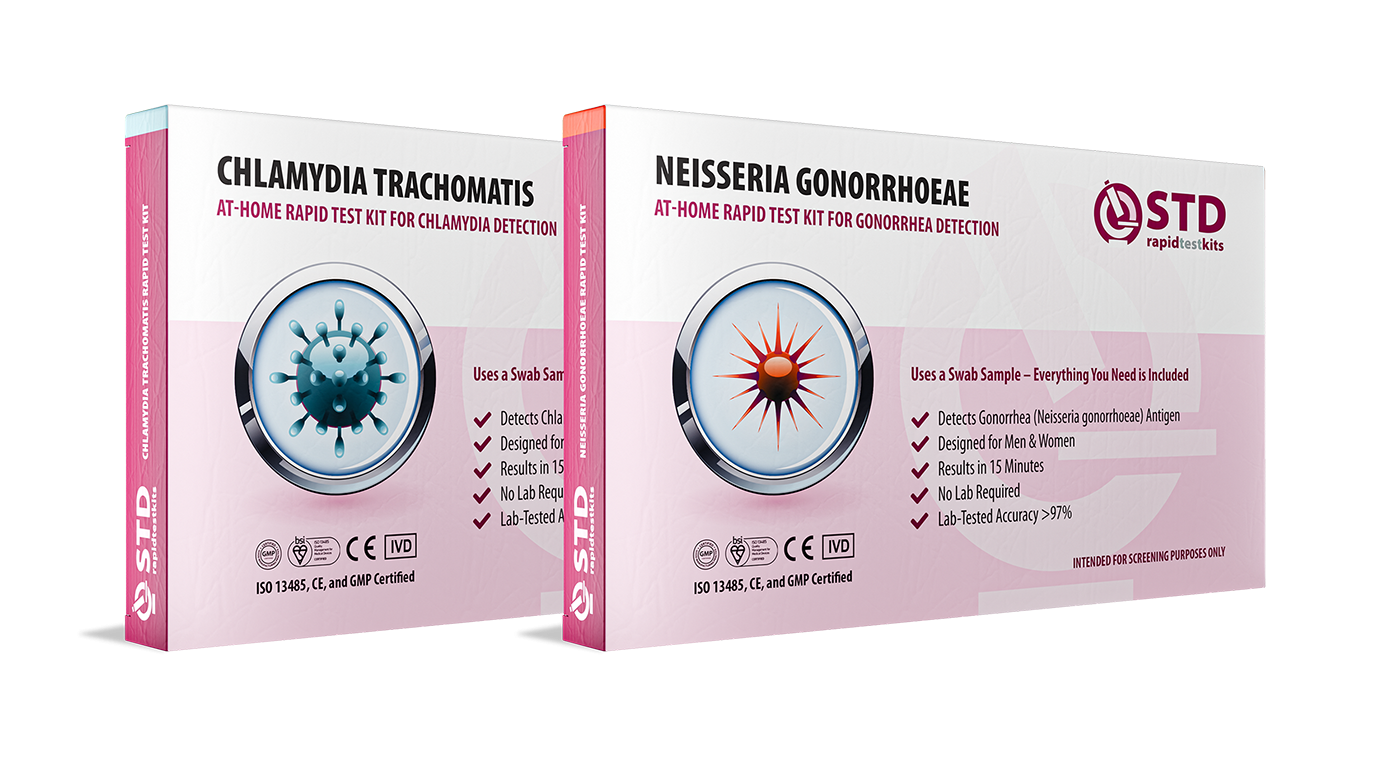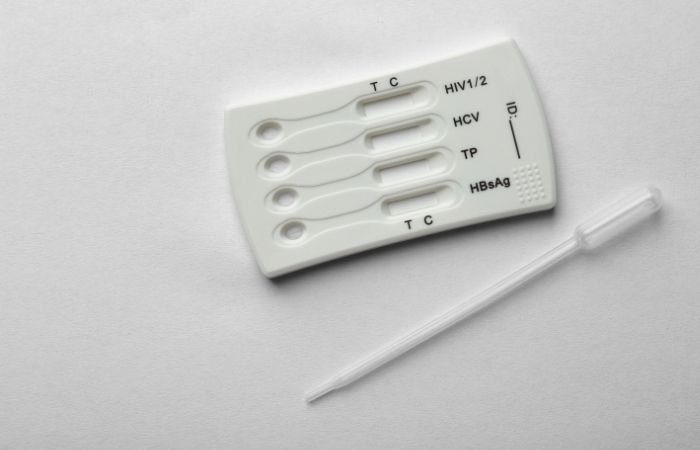Quick Answer: Getting an STD more than once doesn’t mean you’re dirty or irresponsible. It means you're sexually active and human, just like millions of others.
This Is What Reinfection Actually Looks Like
It starts quietly. Maybe a twinge in your lower stomach. Maybe a strange ache in your back that won’t go away. You don’t see discharge, there’s no burning, but something’s off. You think, “It can’t be that again.” You open your browser at 2:17 a.m., type “pelvic pressure after chlamydia treatment,” and just like that, you're back in the anxiety spiral.
Here’s the hard truth most people don’t get told the first time: Chlamydia doesn’t offer immunity. You can get treated and still catch it again from a partner who never got tested, or from someone new who shows no symptoms. In fact, up to 1 in 5 people get reinfected within 12 months. That number shoots even higher in communities with limited access to care, comprehensive sex education, or consistent testing resources.
But no one talks about that. They just talk about being “clean.” About staying “safe.” As if bacteria care about your moral alignment.

People are also looking for: Can STDs cause abdominal pain without discharge?
Jana’s Third Test, and the End of Her Silence
Jana was 25 when she tested positive for Chlamydia the first time. She was in a confusing situationship. The kind where sex was easier than clarity. She got treated. She told him. He ghosted. Three months later, a new relationship, full protection, good vibes, and the test lit up again. By the third positive, she was spiraling.
“I thought I was broken. I even stopped dating. I was scared to tell anyone I’d had an STD more than once.”
But it turned out her second partner had never been tested. He’d never had symptoms. He never thought to mention anything because he thought “no symptoms means no problem.” He was wrong. And that misstep gave her a third infection.
“I wasn’t reckless,” Jana says. “I was trusting. And that’s what no one tells you, sometimes, trusting the wrong person is all it takes.”
What the Studies Say About Repeat STDs
Jana’s story isn’t rare. In the United States, over 1.6 million Chlamydia cases were reported in 2023 alone. But that’s just the ones caught. Because roughly 70% of people with vulvas and 50% of people with penises show no symptoms at all, many infections go undiagnosed, and untreated.
In some studies, repeat infections occur in up to 34% of patients within a year. Among adolescents, the reinfection rate can hit 38%. Another review found 18% of people retested positive for Chlamydia just three months after treatment. That’s nearly one in five. These are not fringe numbers. This is the norm.
Why? Because reinfection isn’t about irresponsibility. It’s about system gaps. Like partners who aren’t treated. Like clinics that don’t emphasize retesting. Like the lie that “one and done” is good enough. The CDC recommends a three-month retest after any Chlamydia diagnosis. Not to shame you, but to protect you from recurrence, long-term complications, and the quiet damage that can be done by bacteria you can’t feel.
Check Your STD Status in Minutes
Test at Home with RemediumChlamydia Test Kit

 For Men & Women
For Men & Women Results in Minutes
Results in Minutes No Lab Needed
No Lab Needed Private & Discreet
Private & DiscreetOrder Now $33.99 $49.00
The Shame Machine Is Louder Than the Facts
Let’s talk about the word “clean.” It shows up in dating apps, hookup texts, even within long-term relationships. “Are you clean?” someone asks. And just like that, your test result becomes a stand-in for your worth. But this isn’t hygiene. This isn’t a car wash. This is a medical diagnosis, and it says nothing about your value.
What is dirty is the way society treats people with STDs. The way we whisper about positive results like they’re gossip. The way we weaponize testing status instead of using it to build safety. The way someone’s humanity gets boiled down to a pee stick and a lab slip.
If you’ve ever asked, “Am I gross?” after an STD result, you’re not alone. But here’s the truth: you’re not gross. You’re informed. You’re active. You’re doing something most people avoid, getting tested and facing the facts. That’s not dirty. That’s brave.
Mateo’s Story: “We Used Protection, What Went Wrong?”
Mateo thought he was covered. Literally. Condoms, check. Monogamous-ish situationship, check. But a few weeks after a one-night stand, something felt off. He chalked it up to stress. Maybe dehydration. But the test said otherwise: Gonorrhea. Again. He stared at the results, stunned. “We used a condom,” he kept saying. “We were careful.”
But condoms, while crucial, aren’t 100%. And if a partner has an untreated infection, especially oral Gonorrhea, the bacteria can linger in the throat and spread through oral sex, even with condom use. Mateo wasn’t irresponsible. He was misinformed. And when he reached out to his previous partner, they admitted they hadn’t tested in over a year. “I figured I’d know if something was wrong,” they said. They didn’t.
Mateo’s not alone. Thousands of people end up with STDs despite doing everything “right.” That doesn’t make them reckless. That makes them part of a public health reality that isn’t explained nearly enough.

People are also looking for: Think It's a UTI? Here's Why It Might Be an STD Instead
The Myth of the One-Time Test
There’s this belief that testing once makes you safe. That if you got treated, you’re “good to go.” But Chlamydia is stealthy. It doesn’t build immunity. That means you can get it again, from the same partner, from a new one, or from someone who didn’t even know they had it.
And yet, most clinics don’t emphasize retesting. Most schools don’t teach it. Most conversations don’t make space for it. People internalize the idea that if something comes back, it must be their fault. That they did something dirty. That they deserve silence.
But that silence is where infections thrive. Retesting isn’t about fear, it’s about power. Power over your health. Power over your peace of mind. Power over shame.
Let’s Talk About Language
Instead of asking, “Are you clean?” what if we said, “Have you been tested recently?”
Instead of confessing to a past infection like a sin, what if we said, “I’ve been through treatment before, and I care about staying healthy. How about you?”
Language is medicine. And reframing the way we talk about STDs is a powerful form of care. It opens the door to honesty. It makes room for vulnerability. It changes everything.
Check Your STD Status in Minutes
Test at Home with RemediumChlamydia & Gonorrhea Test

 For Men & Women
For Men & Women Results in Minutes
Results in Minutes No Lab Needed
No Lab Needed Private & Discreet
Private & DiscreetOrder Now $49.00 $98.00
For all 2 tests
Testing Again Is Not Paranoia, It’s Protection
The recommendation is simple: if you’ve tested positive for Chlamydia, retest after three months. Not because you’re dirty. Not because you’re doomed. But because recurrence is real, even when symptoms aren’t. And waiting until it hurts? That’s too late.
Reinfection isn’t just a temporary inconvenience. It can lead to pelvic inflammatory disease, infertility, chronic pain, and more. And you may not feel any of it coming. That’s the problem. That’s the power of retesting, it catches what your body might not feel yet.
And for those wondering if at-home tests are legit: yes, they are. When purchased from certified providers, at-home STD kits can be highly accurate, discreet, and life-changing. No more scheduling conflicts. No more waiting rooms. Just answers, fast.
You Are Not Your Test Result
If you’ve ever felt ashamed to say, “I tested positive again,” this is for you. You’re not dirty. You’re not broken. You are someone who cares enough to check. You are someone who refuses to walk around in silence. You are someone who’s fighting stigma by simply being honest.
Whether this is your first infection or your fourth, you deserve the same care, the same empathy, the same support. And if someone ever makes you feel less than for trying to take care of your body? They’re not someone you need in your bed, or in your life.
This isn’t a shame story. It’s a strength story. And you’re allowed to live it, out loud, with pride.

People are also reading: Comparing Hepatitis B and Hepatitis C: What You Need to Know
FAQs
1. What makes chlamydia come back?
Reinfection happens a lot, especially if your partner didn't get treated or didn't finish their antibiotics. You don't build up immunity to chlamydia, so every time you come into contact with it, you are at risk.
2. Will I still have symptoms after treatment?
Yes, especially if there is still inflammation or another infection that hasn't been treated. But sometimes, symptoms come back because the person got sick again, not because the treatment didn't work.
3. What if my partner doesn't want to be tested?
That's a warning sign. Being around people who take care of their health is one way to protect your own. Testing should not be a source of disagreement.
4. How long do I have to wait before I can test again?
The CDC says that even if you feel fine, you should get a full chlamydia test three months after treatment. If you're pregnant, you should also get a test of cure at 3–4 weeks.
5. Is it possible for STDs to not show any symptoms?
Yes, for sure. Most people with chlamydia don't have any symptoms, especially those with vulvas. That's why it's so important to get tested regularly.
6. Does retesting mean I did something wrong?
No. It means you take the initiative. Retesting shows that you are responsible, not careless.
7. Does repeated chlamydia affect fertility?
Yes, especially if you don't treat it. Pelvic inflammatory disease, which can cause scarring and infertility, is more likely to happen if you get infections over and over again.
8. Are STD tests you do at home accurate?
Yes, if you buy them from certified providers. Many of them are FDA-approved or use the same lab technology as tests done in a doctor's office.
9. What if I tested positive again but haven't had any new partners?
Your ex-partner might not have gotten treatment, or you might have had sex too soon after your treatment, before the bacteria had a chance to go away.
10. Can I still have a normal sex life if I have had STDs in the past?
Absolutely yes. Millions of people have full, happy sex lives even though they have had or are managing infections. Testing and honesty equal safety, not limits.
This Isn’t a Shame Story. It’s a Strength Story.
Testing more than once doesn’t mean you’re reckless. It means you care. About your health. About your partners. About doing the right thing, even when it’s scary.
If you’ve ever felt ashamed of testing positive “again,” know this: You are not your test result.
You are smart for checking. You are brave for retesting. You are worthy of respect, no matter how many times the lab says “positive.”
Reclaim your narrative. Take care of your body, without apology.
You’re not dirty. You’re informed. And that’s the most powerful protection there is.
Sources
1. California Dept. of Public Health – Best Practices for Preventing Repeat Chlamydia & Gonorrhea
2. CDC – Chlamydia Repeat Infections: Why You Should Be Retested After 3 Months
4. Springer – Epidemiology & Risk Factors for Repeat Bacterial STIs in Barcelona
5. BMC Public Health (2009) – Risk of Repeat Chlamydia Infections Within a Year
6. Verywell Health – Why STDs Come Back (Reinfection, Misdiagnosis, Partner Treatment)










